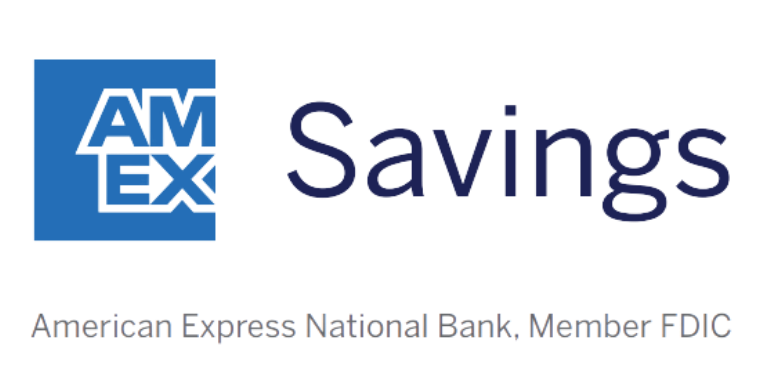If you’ve been adulting for a while, you’ve probably deposited cash in an ATM once or twice. However, that doesn’t mean it’s always possible to do so. Sometimes, a bank limits how much can be deposited. And depending on where you bank, you may not be able to make a cash deposit at all.
Here, we discuss the various outcomes you can expect when depositing cash into an ATM.
Some banks say, “Nah, we’re good”
For whatever reason, some ATMs don’t accept cash deposits. Don’t assume that every ATM does, even if it’s a machine in your bank’s network. Before heading to an ATM, call your bank to learn which locations accept deposits and if you’ll be charged a fee.
Want to earn upward of 4% APY on your savings? Check out our favorite high-yield savings accounts.
Our Picks for the Best High-Yield Savings Accounts of 2024
|
American Express® High Yield Savings 
APY 4.00%
Rate info
Member FDIC.
|
APY 4.00%
Rate info |
Min. to earn $0 |
|
Capital One 360 Performance Savings 
APY 4.00%
Rate info
Member FDIC.
|
APY 4.00%
Rate info |
Min. to earn $0 |
|
CIT Platinum Savings 
APY 4.55% APY for balances of $5,000 or more
Rate info Min. to earn $100 to open account, $5,000 for max APY
Member FDIC.
|
APY 4.55% APY for balances of $5,000 or more
Rate info |
Min. to earn $100 to open account, $5,000 for max APY |
You’ll likely hit limits
You may be surprised to learn that banks sometimes limit the amount of cash that can be deposited at one time. If the bank doesn’t limit the amount that can be deposited, it will likely limit the number of bills. For example, a bank may put a $3,000 limit on daily cash deposits or the number of bills that can be deposited.
Let’s say it’s late at night, and you’ve just remembered that your property taxes are due to be withdrawn from your checking account in the next day or two. However, your bank limits the number of bills that can be deposited to 20. To cover the $2,000 property tax bill, you know you’ll have to deposit 20 $100 bills.
Knowing your bank’s limits can help you plan ahead if you routinely deal in cash.
Finding a bank that blows your hair back can be challenging. Click here for the best picks for online checking accounts that keep the overhead low and fees even lower.
You may incur a fee — or have to wait out a processing period
According to Chase, you may have to find an ATM that’s part of your bank or part of its participating network of ATMs. The banks that accept cash deposits through out-of-network ATMs will likely charge you an extra fee.
Whether you’re making a deposit into your bank’s ATM or have located an out-of-network ATM that will accept your deposit, it’s important to find out if there’s a processing period you’ll have to wait out until your money is available in the account. Processing periods are more likely to occur when dealing with an out-of-network ATM, but it still pays to find out ahead of time.
The length of the processing period matters, especially when your bank account needs a quick infusion of funds.
A quirk of online banking
There’s a lot to love about online banks, and if you have an account with one, you’ve probably found plenty to like about it. For example, online banks — like most brick-and-mortar banks — are nearly always FDIC-insured. And many online banks offer precisely the kinds of
services you would expect to find at your neighborhood bank.
Here’s the rub: Many online banks don’t allow direct cash deposits. Instead, they partner with a particular ATM network. However, if an online bank doesn’t partner with an ATM network, you have other deposit options, including:
- Cashier’s check: Use the cash to purchase a cashier’s check and deposit it through mobile banking.
- Electronic Fund Transfer (EFT): As long as you still have an account at a traditional bank and that bank has an ATM with cash deposit abilities, you may be able to deposit cash into that account and transfer it electronically to your online bank account.
- Through a partner: Check with your online bank to learn if it maintains a partnership with a grocery store or brick-and-mortar retailer that allows bank customers to deposit cash into their accounts. If the answer is yes, ask about any fees you may incur for doing this.
No matter how many years you’ve had an account, it’s tough to know everything there is to know about banking, particularly as financial institutions develop more convenient banking methods. Perhaps the best way to approach banking is to get to know everything you can about how your home bank operates and make the most of what it has to offer.

